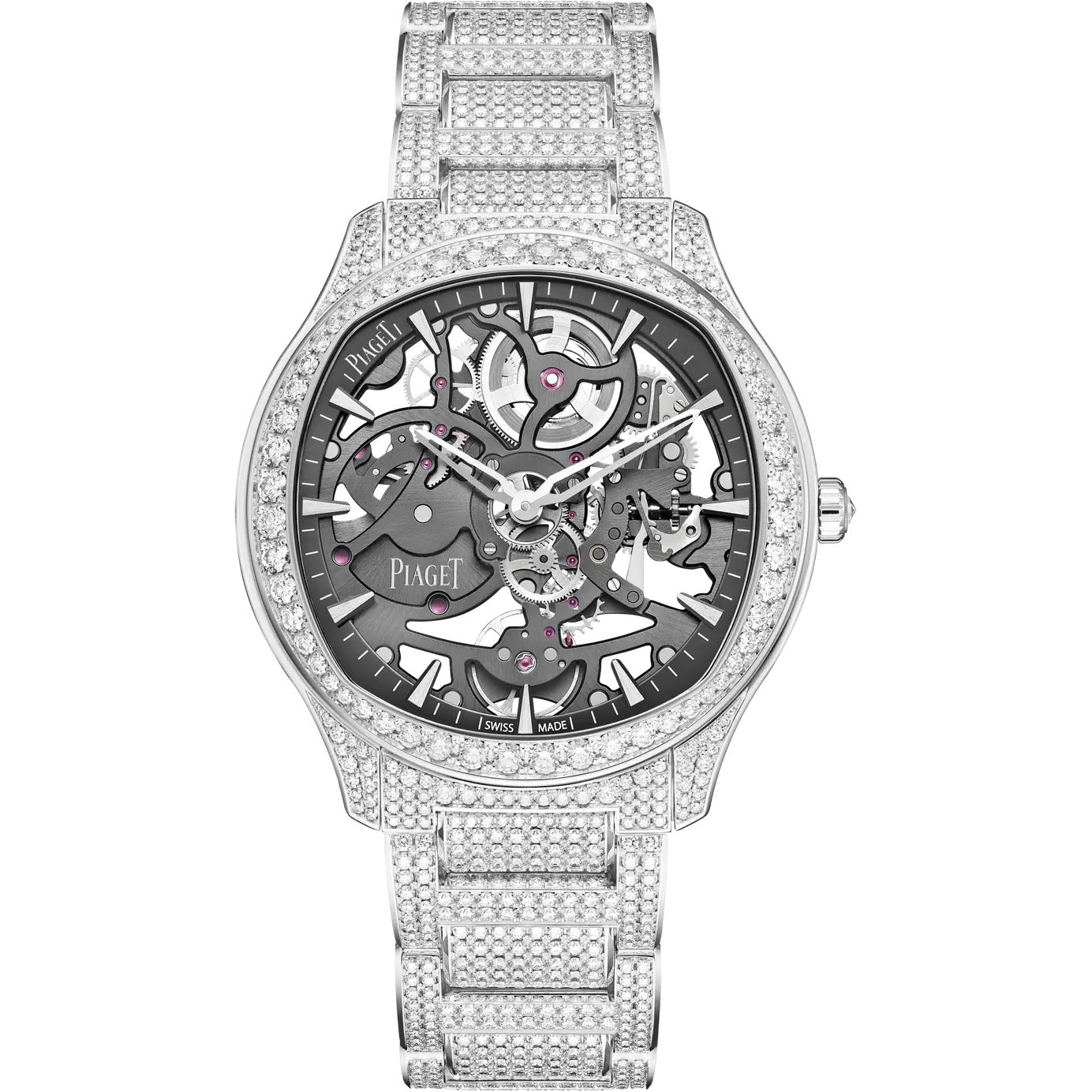In the world of luxury watchmaking, Piaget has established itself as a true icon. Known for their exquisite craftsmanship, precision engineering, and elegant designs, Piaget watches are sought after by collectors and enthusiasts alike. In this blog post, we'll explore the rich history of Piaget watches, their market position today, and what sets them apart from other luxury watch brands.
History of Piaget Watches
Piaget was founded in 1874 by Georges-Edouard Piaget in the Swiss town of La Côte-aux-Fées. Initially a manufacturer of watch movements, the company quickly gained a reputation for producing some of the finest timepieces in Switzerland. In the 1950s, Piaget began producing watches under its own brand name, and by the 1960s, it had become one of the most successful luxury watch brands in the world.
Throughout its history, Piaget has been known for its innovative designs and technological advancements. In 1957, the company introduced the ultra-thin movement, which was just 2mm thick. This breakthrough allowed Piaget to produce some of the thinnest watches ever made, which remain a hallmark of the brand to this day. In 1960, Piaget introduced the Calibre 12P, the thinnest automatic movement in the world at the time.
Today, Piaget continues to push the boundaries of watchmaking. The brand is known for its complicated movements, including perpetual calendars, tourbillons, and minute repeaters, which are among the most sophisticated in the industry.
Market Position of Piaget Watches Today
Piaget has established itself as one of the most prestigious luxury watch brands in the world. Its watches are known for their exceptional quality, craftsmanship, and attention to detail. Piaget's market position is reflected in the high prices of its watches, which range from $5,000 to over $1 million.
Piaget's most popular collections include the Altiplano, which features ultra-thin watches with simple, elegant designs, and the Polo, which is a sportier, more masculine collection. In recent years, Piaget has also introduced a range of women's watches, including the Limelight collection, which features diamond-studded timepieces in a variety of shapes and sizes.
What Sets Piaget Watches Apart
So, what sets Piaget watches apart from other luxury watch brands? Firstly, Piaget's reputation for excellence in watchmaking is second to none. The brand has a long history of producing some of the most innovative and technically advanced watches in the industry.
Secondly, Piaget's focus on ultra-thin watches is unique. While many luxury watch brands produce thin watches, Piaget has made it a core part of its brand identity. The brand's ultra-thin watches are not just a novelty; they represent a true technological achievement and require a level of expertise that few other watchmakers possess.
Finally, Piaget's designs are some of the most elegant and refined in the industry. The brand's watches are often minimalist, with clean lines and understated dials. Piaget's attention to detail is evident in the finishes of its watches, which are always of the highest quality.
Piaget watches are a true icon of Swiss watchmaking. With a rich history of innovation, exceptional quality, and elegant designs, Piaget has established itself as one of the most prestigious luxury watch brands in the world. Whether you're a collector, enthusiast, or simply appreciate the finer things in life, a Piaget watch is an investment in a piece of horological history that will last a lifetime.

